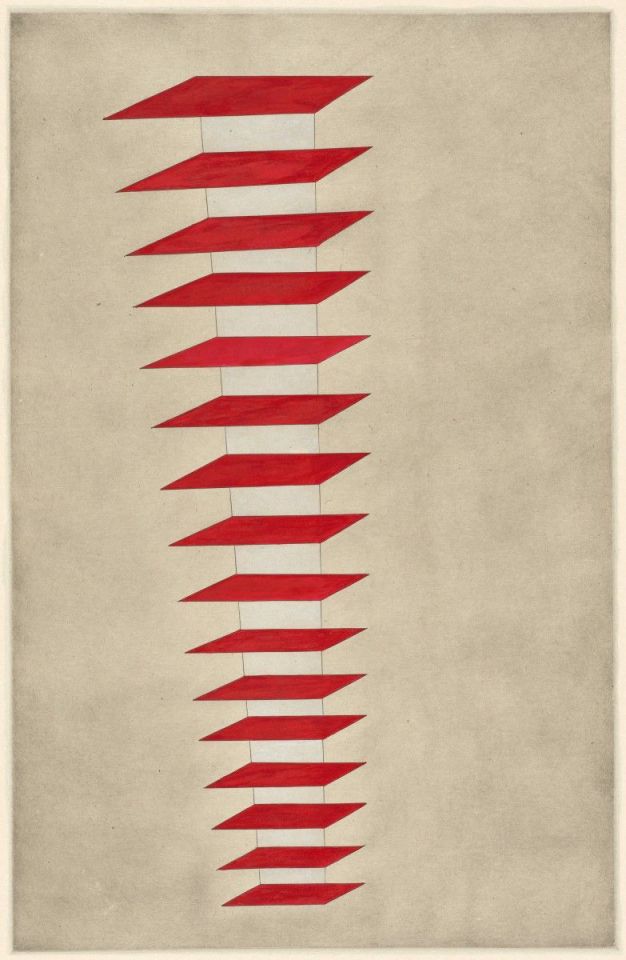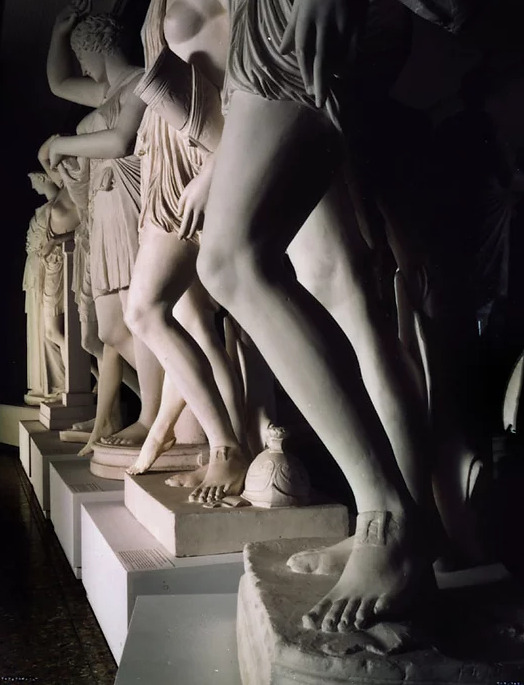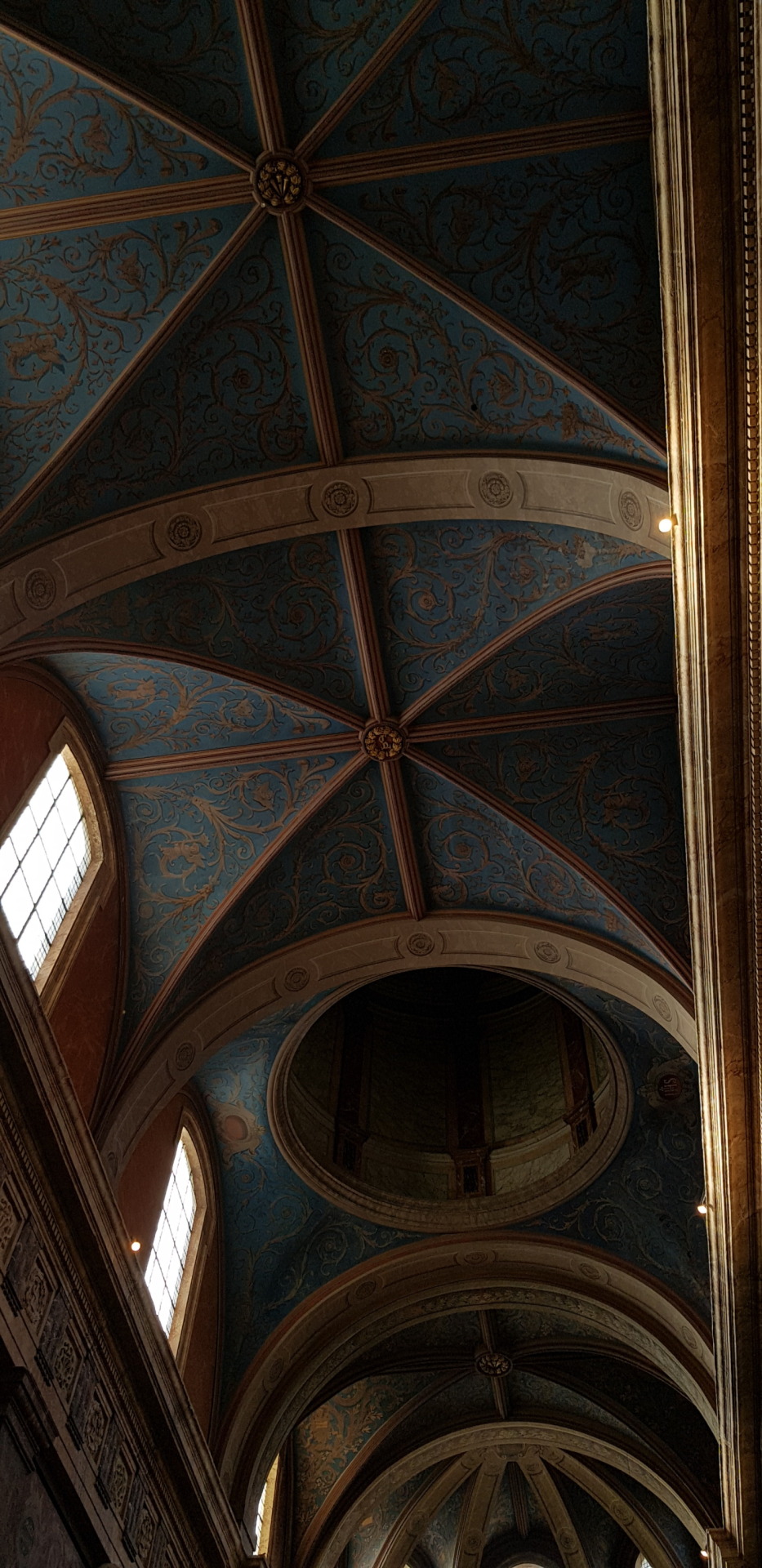Text


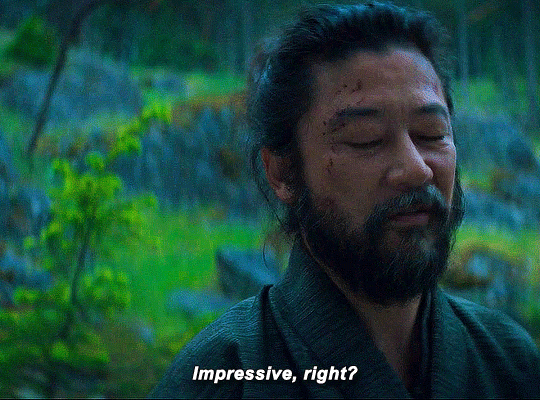
SHOGUN | 1.10: A Dream of a Dream
I think my skills have never been sharper.
#shōgun#1x10#kashigi yabushige#kashigi omi#that just might be the worst poem i've ever heard#or the best...?
820 notes
·
View notes
Photo

Prince Murad Bakhsh on horseback, India, Rajasthan, 18th century
430 notes
·
View notes
Text
Is Tumblr reading my posts and then giving me ads that present my own ideas back to me??


Don’t get me wrong, I don’t mind seeing Hiroyuki Sanada’s face, but this is just super fucking weird.
1 note
·
View note
Note
Finally watched the last two episodes of Shōgun! Heartbreaking, of course. We drank a toast to Toda Mariko between episodes 9 and 10, in a matcha latte for me and saké for the other three watchers. I was delighted that some final-chapter items from the books I'd been hoping for were in the last episode. Very gratifying.
Thank you for being open to chat about this show! And as supporting proof we were robbed not having Midori in the show, here's Omi introducing his wife to the Shōgun book narrative:
Omi thought about his wife Midori and his heart leapt. She was so
beautiful and fine and gentle and clever, her voice so clear, and her music as good as that of any courtesan in Izu...
Glad you finally got a chance to watch the last two episodes, which truly were phenomenal. The last one really caught me by surprise, but I actually think it was far better than the more predictable version I had expected to see. I feel like the whole thing definitely merits a rewatch now that I've realized there are all these little callbacks to things that were in the first half of the show (like “drawing a line”!). And of course, it's definitely time to start reading the book... (But wait, if Omi's so enthralled with his wife, is his relationship with Kiku not as important as the one they share in the show? Or is there more of a triangle thing going on? Regardless, I'm sure I'll find out!)
Thank you for indulging me as a I rambled about the show! I love it when television shows are this smartly written, plotted, and acted, and it's been great fun to get to think through some of the more complicated aspects of Shōgun (or just make lists of which of the men I think are hottest). And as much as a second season really would be cool (who would really say no to watching Hiroyuki Sanada gaze enigmatically over a horizon for another ten episodes?), I'm more than satisfied with the jewel of a limited series we got.
3 notes
·
View notes
Text
Like many Shōgun viewers, I wondered about Blackthorne's action in Episode 9, when he draws a line in the sand of the garden, marring its perfectly cultivated harmony. Was he taking some stand against Japan and its culture of socially-permissible suicide? Was he silently protesting against the action Mariko was about to undertake?

gif by @yocalio
If we go back to the first episode, though, we realize that this is not the first time that Blackthorne has encountered someone who wishes to take their own life. His Dutch captain, clearly suffering under the effects of scurvy and the futility of remaining at sea for months with dwindling supplies, tells Blackthorne that he no longer holds out any hope of reaching Japan, much less returning to Europe a rich man. Then he glances down at Blackthorne's pistol.
“At my age,” he says, “you draw your line.”
(Like he does with Mariko, Blackthorne argues with the captain, telling him that suicide would be the act of a coward. Interestingly enough, the captain's words — “Pilot, there's nothing to fear. It's a blessed release. It's like only a soft wind in your face. Can you feel it? That is the breath of the Almighty. He's calling us. Listen. He's calling us home” — seem to do as little to convince Blackthorne as Mariko's rationale does. Still, he leaves the captain with his pistol.)
What if Blackthorne's act is not meant as an act of protest, but as a way to honor the sacrifice that Mariko is about to make, even if he vehemently disagrees with her choice? (He honors it even more when he volunteers to serve as her second, an act of love and duty that he agrees to perform even if it will destroy him to do so.) Ever since he came to understand her desire to die, he has argued with her, rejecting what he sees as her fatalism. Even her continued loyalty to Toranaga is branded as “senseless,” as he sees it as leading to her death. But by Episode 9, he has realized that he will never convince her, and perhaps — despite his anguished plea that she consider living, if only for him — he finally sees the purpose of her action and accepts her choice.
That is why he makes the mark in the garden. It is her, standing against her enemies, fulfilling her purpose.
And in the end, he understands: she must draw her line.
74 notes
·
View notes
Text

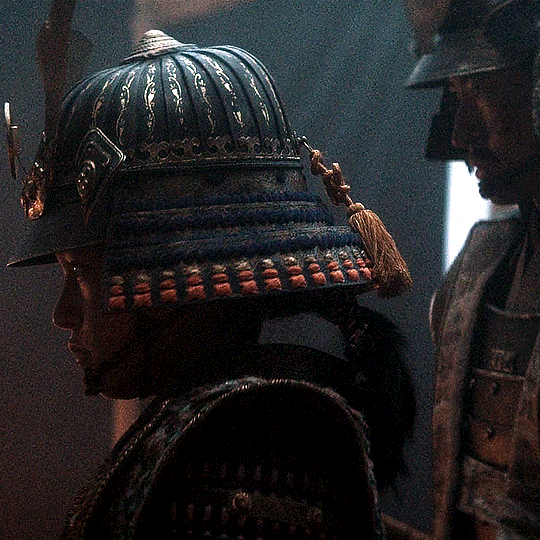
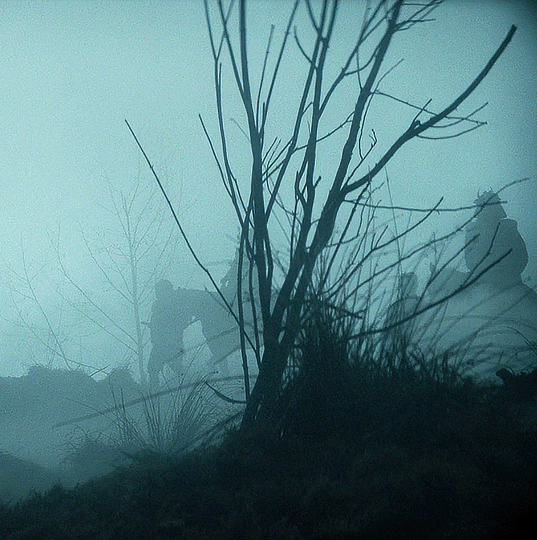


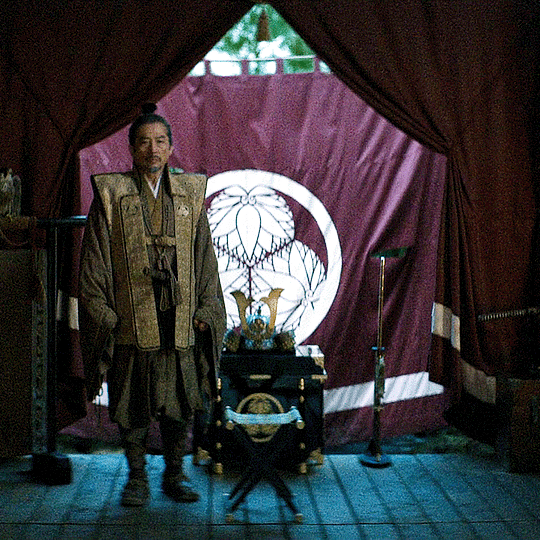
Shōgun (2024) | Chapter 7: A Stick of Time
+ Aesthetic 14/∞
113 notes
·
View notes
Text
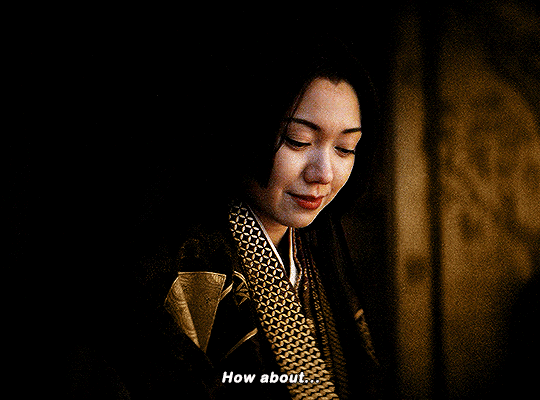
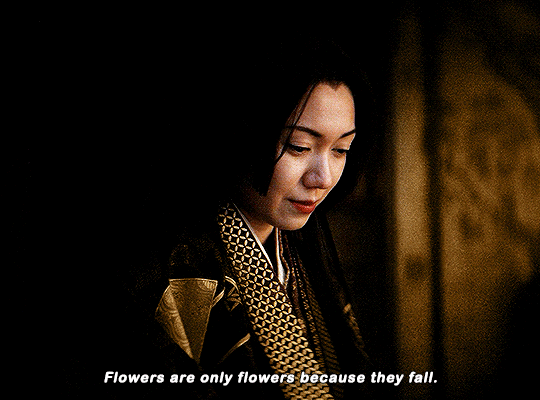
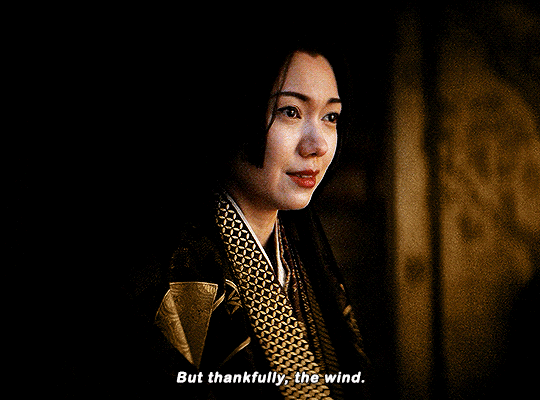
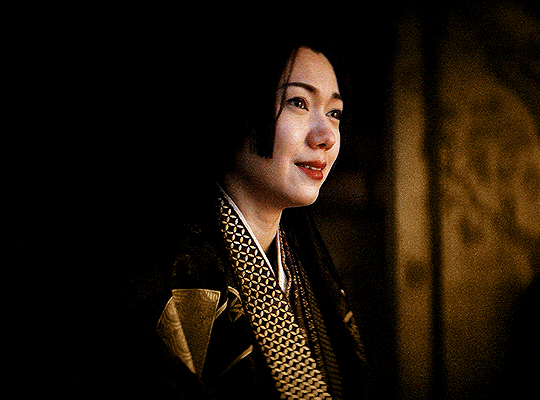
It was written by my friend.
SHŌGUN (2024)
Chapter Ten: A Dream of a Dream
681 notes
·
View notes
Text
What's so fascinating about Toranaga's plan to employ Mariko as Crimson Sky is that it was all there right from the beginning.
When Toranaga first arrives in Osaka the regents demand that he release Ochiba, the mother of the Heir, from where she is being held in Edo. Nothing scares Toranaga quite like Ochiba (no doubt why he held her in the first place), and he knows that once she is able to return to Osaka, she's going to do everything she can to destroy him.
Enter Mariko.
Mariko is perfectly placed: she shares a history with Ochiba, a girlhood bond that grew distant due to time and circumstance, but she is completely loyal to Toranaga, willing, in fact, to die for him and his cause. If the time comes for him to have to negotiate with Ochiba — or he has some need to soften her desire for vengeance — Mariko will serve as the crucial middle ground.
Once he realizes Ochiba will soon be free to move against him, Toranaga summons Mariko, requesting that she serve as a translator to the foreign barbarian. But even more important than her role as a translator, Toranaga wants to bring her closer and cement her place in his inner circle of followers. (As a woman, she is easily overlooked, not being a general or a vassal with an army of retainers, but her importance might be even more vital.) He reminds her of his great admiration for her father and acknowledges that for many years she has been robbed of her purpose. What if he could give it back to her? Like Mariko, we assume that her purpose is to serve as a translator, but Toranaga knows it is far larger: to play her part against the regents and serve as a bridge to Ochiba, when the time comes.
Toranaga is a falconer. He knows the value of caring for a bird, feeding it by hand, having it learn to trust you until it sees you as its only master. And as Toranaga describes his falcon, Lady of Steel, he could also be describing his plan for Mariko: “Conceals herself against the sun. Conserving energy, waiting for her moment.”
#shōgun#shogun#shogun 2024#shogun fx#fx shogun#shogun spoilers#yoshii toranaga#toda mariko#lady ochiba#meta
107 notes
·
View notes

